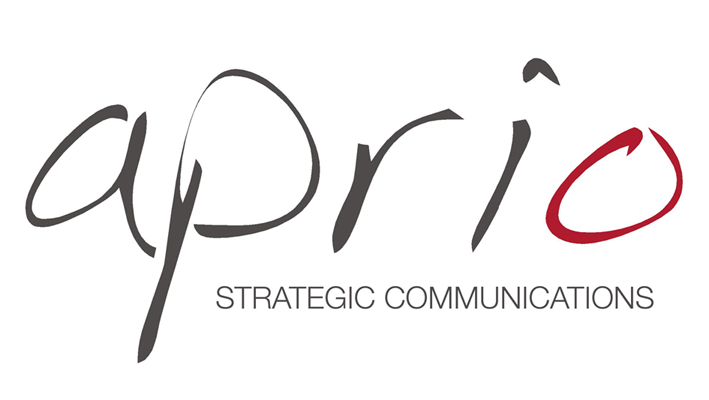We send press releases, blog posts, and other content aimed at particular audiences, because we want people to read and grasp the information and act on it in some way. That can’t happen if they have to struggle, even a little bit, to understand the message.
Knowing we’re supposed to banish jargon is the easy part. Doing it, though, can be excruciatingly hard—especially when a deadline looms.
So, here are 11 of the worst culprits from corporate communication. In my view, these words and phrases should never appear in a press release, email, or other tool used to convey information.
Here, too, are suggestions for replacements for each one. The substitutes are not exact synonyms in many cases, but they are simple and clear words that could work in place of the jargon, depending on the context. Next time you get stuck and can’t find a way around “mission-critical," just take out this list and try to swap that phrase with something clearer.
1. utilize ➙ use, show, fill, take, apply, push, work
2. end-user ➙ client, customer, audience, shopper, buyer
3. synergy ➙ team, powerful, effective, stronger, more, together
4. mission-critical ➙ main, big, major, central, chief, crucial
5. win/win ➙ good, smart, strong, clear, sound, skillful
6. value-added ➙ worthwhile, effective, better, helpful, ahead
7. ideate ➙ create, think, craft, whir, plan, test, solve
8. operationalize ➙ make, do, put, carry, finish, use, see, work
9. scalable ➙ grow, expand, wide, more, big, spread, include
10. deliverables ➙ results, value, outcome, change, effect
11. outside the box ➙ different, bold, striking, unique, brave, exciting
Let me know whether these work for you. Also, if jargon isn’t tripping you up as much as writer’s block is, here’s another post to help you break free and get unstuck.
[RELATED: Become a more efficient writer and editor after one day of training.]
Becky Gaylord worked as a reporter for more than 15 years in Washington, D.C., Cleveland, and Sydney, Australia, before she launched the consulting practice, Gaylord LLC. You can read Becky’s blog Framing What Works, where a version of this story first appeared. This article first ran on Ragan.com in June 2012.

No comments:
Post a Comment